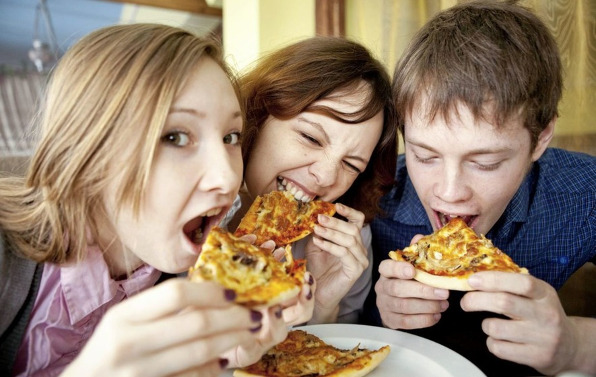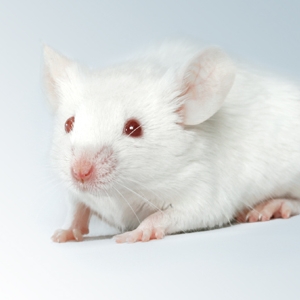Are you one of the rare few who can control their eating impulses? The vast majority of us think they lack willpower when they’re tempted to cheat on their diets or sneak a second helping of something sinful. But science has recently discovered impulse eating is all in our heads…
 A little impulse control wouldn’t hurt, here…
A little impulse control wouldn’t hurt, here…
A research team at the University of Georgia (UGA) has discovered a specific ‘circuit’ in the brain that controls impulsive eating – i.e.- makes it hard to resit temptation when we see something good.
According to an abstract of the study report published recently in the journal Nature Communications. : “Impulsivity, or responding without thinking about the consequences of an action, has been linked to excessive food intake, binge eating, weight gain and obesity, along with several psychiatric disorders including drug addiction and excessive gambling.”
What they did
Researchers at the UGA used a Rat model to test their theory that a brain transmitter produced in the hypothalamus called melanin concentrating hormone (MCH).
To test impulsivity, researchers trained rats to press a lever to receive a “delicious, high-fat, high-sugar” pellet, Noble said. However, the rat had to wait 20 seconds between lever presses. If the rat pressed the lever too soon, it had to wait an additional 20 seconds.
Researchers then used advanced techniques to activate a specific MCH neural pathway from the hypothalamus to the hippocampus, a part of the brain involved with learning and memory function.
What they found
“We found that when we activate the cells in the brain that produce MCH, animals become more impulsive in their behavior around food,” Study Report Lead Author Dr. Emily Noble said.
“There’s underlying physiology in your brain that is regulating your capacity to say no to [impulsive eating],” Noble explained. “In experimental models, you can activate that circuitry and get a specific behavioral response.”
The takeaway
“Activating this specific pathway of MCH neurons increased impulsive behavior without affecting normal eating for caloric need or motivation to consume delicious food,” Noble noted. “Understanding that this circuit, which selectively affects food impulsivity, exists opens the door to the possibility that one day we might be able to develop therapeutics for overeating that help people stick to a diet without reducing normal appetite or making delicious foods less delicious.”
My take
It doesn’t surprise me that there’s a specific, separate brain circuit that controls impulsivity. I know I’ve never considered my caloric needs or the attractiveness of the food when I get an impulse to eat. Forget the Pulled Pork Burrito I might prefer; I’ll settle, without an instant’s pause, for a plain Flour Tortilla with Peanut Butter. If it’s handy and fast to make. Sometimes I need two to quell the impulse. It’s good to know I was right, and that impulse eating doesn’t signal a defect of some sort in my main brain circuitry that governs eating and satiety.
It’s also good to know that people with high impulsivity may soon be able to get a pill or supplement that will help them resist their crazy urges better and, perhaps, give them a better, healthier life.
Yay, Georgia! Go Bulldogs!
~ Maggie J.

